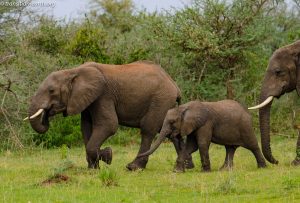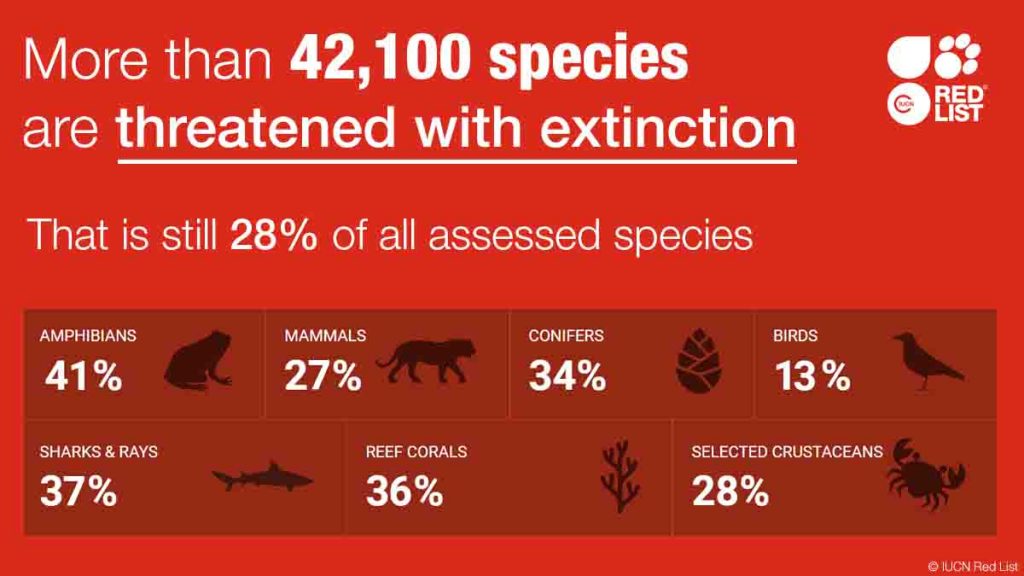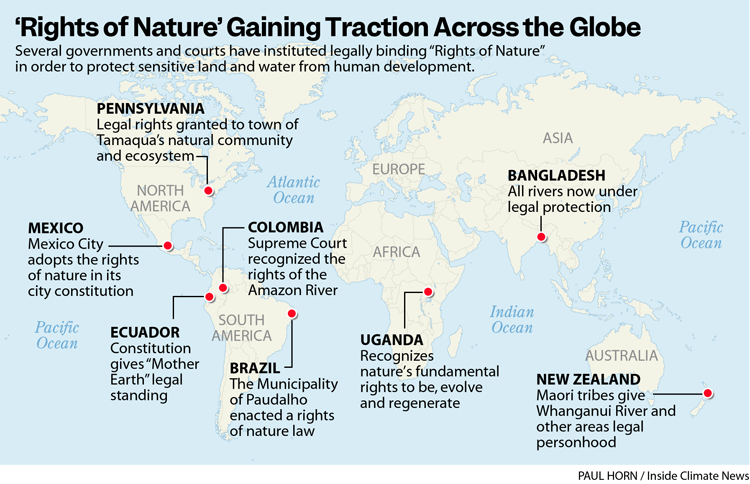‘Without nature, we have nothing’ – Saving Ourselves by Saving Nature
May 19th, 2023 | By admin | Category: Featured, Planetary Well-BeingBy Suzanne York, Transition Earth.
We inhabitants of planet Earth face a dizzying array of challenges, from climate change to plastic waste to pandemics. Our species has such a tremendous impact on the planet that many scientists believe we are in the midst of the sixth mass extinction and that the name of our epoch should now be called The Anthropocene.
Humans are, overall, a shortsighted species. We dominate the planet, altering and decimating precious ecosystems for our own needs, seemingly with little thought that this could blowback and hurt us. Wildlife populations – mammals, birds, amphibians, reptiles and fish – have plummeted by roughly 70 percent since 1970. In the past 50 years, the number of people has doubled.
At the launch of World Wildlife Fund’s Living Planet Report, the head of WWF-UK told audiences that “Despite the science, the catastrophic projections, the impassioned speeches and promises, the burning forests, submerged countries, record temperatures and displaced millions, world leaders continue to sit back and watch our world burn in front of our eyes,” said Steele. “The climate and nature crises, their fates entwined, are not some faraway threat our grandchildren will solve with still-to-be-discovered technology.”
Given all this, May 19th is recognized as Endangered Species Day. Yet, like Earth Day, this day should be recognized 365 days a year.
It doesn’t have to be this dire for flora and fauna. One of the most game-changing options is supporting rights for nature. Based on indigenous views of the world but incorporated with western ideas on law, the idea is that humans are not superior to nature but rather are interconnected with the natural world.
A diverse range of countries recognize nature’s rights, including Ecuador, Bolivia, India, Uganda and New Zealand. It is a movement gaining traction, one that will benefit people and Nature.
In late 2022, at the U.N. Convention of Biological Diversity, some 200 countries signed off on a non-binding agreement that embeds the promotion of human rights and the “rights of nature” into a plan to protect and restore biodiversity through 2030.
Earlier this month, in a lawsuit held in tribal court, the city of Seattle agreed that salmon had the right to passageways through hydroelectric dams on the Skagit River so they can spawn upstream, as salmon have done forever.
Elsewhere, Aruba could become the world’s second country to constitutionally recognize the “rights of nature” after Ecuador. Aruba’s minister of nature said, “Without nature, there is no economy, no health and no tourism,” he said. “If we don’t have those things, there is no Aruba, no us.” This applies to all of us. It’s not the economy stupid, but the health of the planet.
In a sign perhaps that the movement is being treated seriously, the New York Times recently ran an article on it called “Nature Lawyers Up.” It’s a good, short overview on positive action countries can take to change course away from environmental destruction. Manuela Andreoni of the Times wrote the following that lays it out well:
“It’s about how we think of the natural world, how we feel about it. It’s not a coincidence that these laws have caught on so much more deeply in countries such as Ecuador and Bolivia, where Indigenous nations and communities have a spiritual relationship with nature and see themselves as part of it.
Embracing this legal movement may change the way we think about fundamental issues such as the energy transition. It will require a lot of mining for battery minerals and land for renewable power plants. But is there a way to live that doesn’t hurt nature as much?
It’s a question for all of us.”
It is indeed a question for all of us, and one of the most fundamental questions facing the world. One species – humankind – dominates the planet and is altering the environment and its ecology in ways that we may not overcome. Far too many species are at risk of vanishing in the wild forever due to destructive human activities. In the words of UN Secretary-General Antonio Guterres, “without nature, we are nothing.”
But in the end, Nature bats last and will do what Nature does best, adapt and evolve, with or without us. Let’s do all we can to make us, especially future generations, be part of it.
Suzanne York is Director of Transition Earth.



